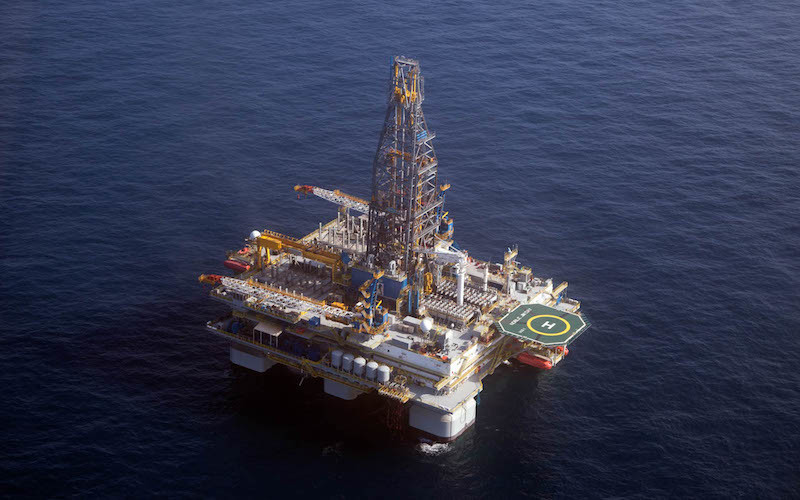As strange as it may seem, last week's announcement by Noble Corp. and Pacific Drilling Company LLC that they are combining in a stock merger reflects an improving offshore market.
Why would companies merge if things are getting better? Mergers often reflect lifesaving moves. In this case, the future of the offshore drilling industry will be a smaller industry. Combinations are a way to upgrade and better position a company for the new market environment.
The wave of new rig building that was kicked off in the mid-2000s when oil prices were in the $100-bbl. range overwhelmed the industry, its managements and balance sheets. The collapse in oil prices killed the drilling boom. The avalanche of debt used to fund the wave of new rig construction weighed on companies, forcing almost everyone into insolvency.
As the press release announcing the Noble-Pacific Drilling merger pointed out, both companies had emerged from Chapter 11 bankruptcy protection. Moreover, as the presentation during the conference call with investors to discuss the deal highlighted, the combined company has a strong balance sheet — less than $400 million of debt, over $600 million of liquidity, no debt maturity before 2025, and $1.7 billion in rig contract backlog — that will enable the new Noble Corp. to better compete. It will also have an expanded and upgraded rig fleet that is young, all positive ingredients to better compete. The deal puts the company on firm footing to grow.
Management indicated it would dispose of two stacked rigs to save over $10 million per year in costs. Again, another positive move enabled by the merger. The presentation also highlighted management’s belief that the market is starting to recover, and Noble recently indicated plans to reactivate three rigs, as a reflection of its optimism. We have seen other announcements recently of new rig contracts being signed by offshore drillers.
A deal such as the Noble-Pacific Drilling combination should be viewed as an early sign of the start of the offshore drilling industry’s next upcycle. The only negative is that given the focus on the anti-fossil fuel governing agenda by the Biden administration, the U.S. offshore market may lag in participating in the international offshore drilling market upturn.




